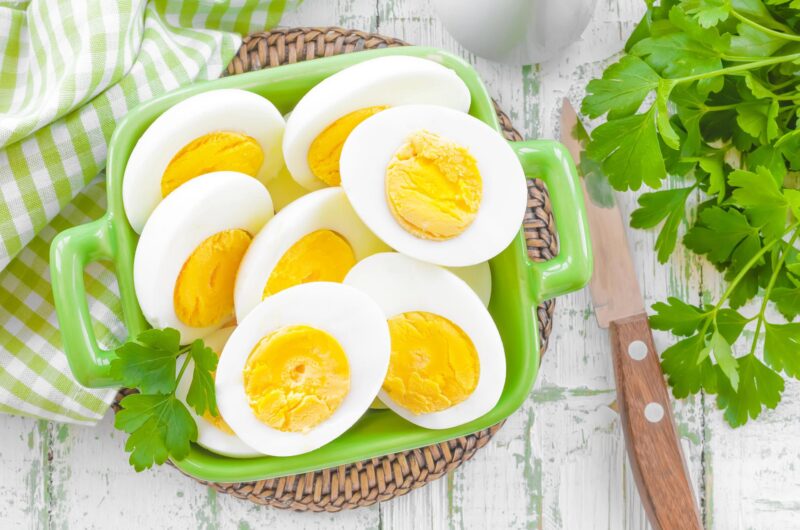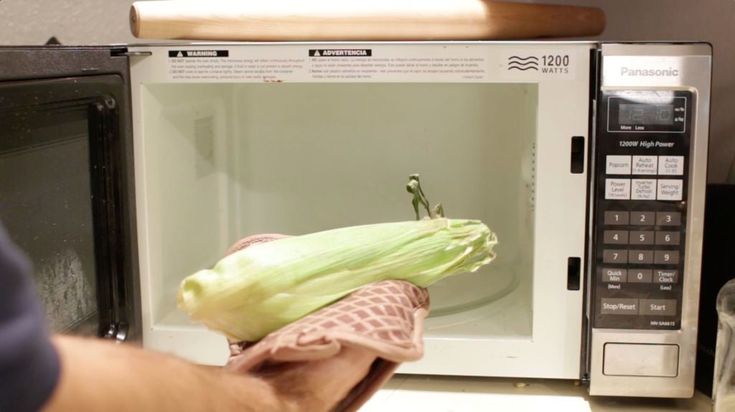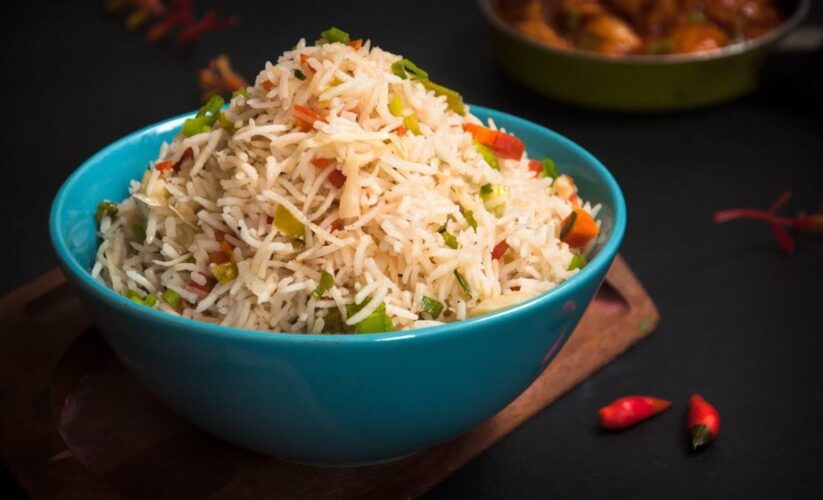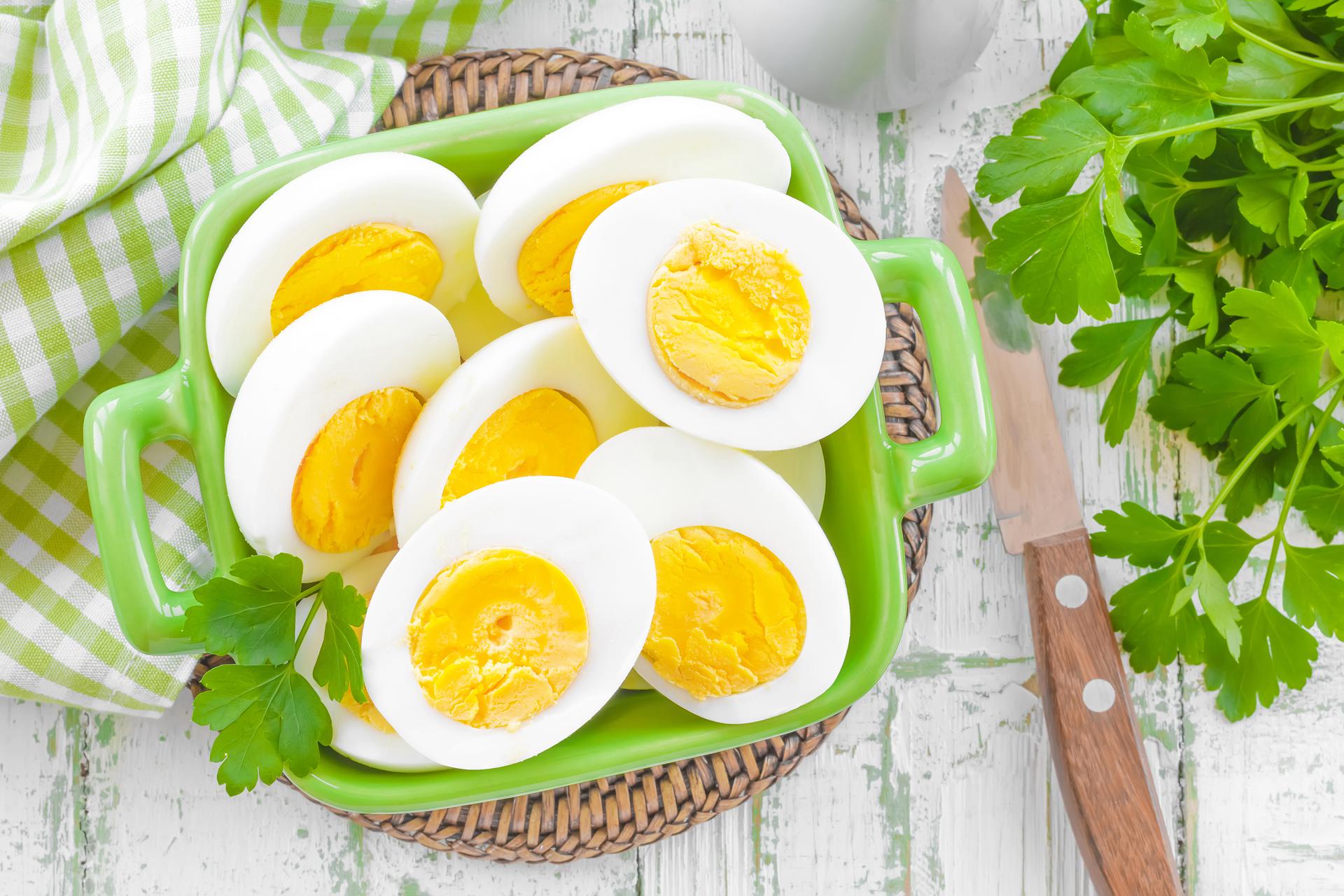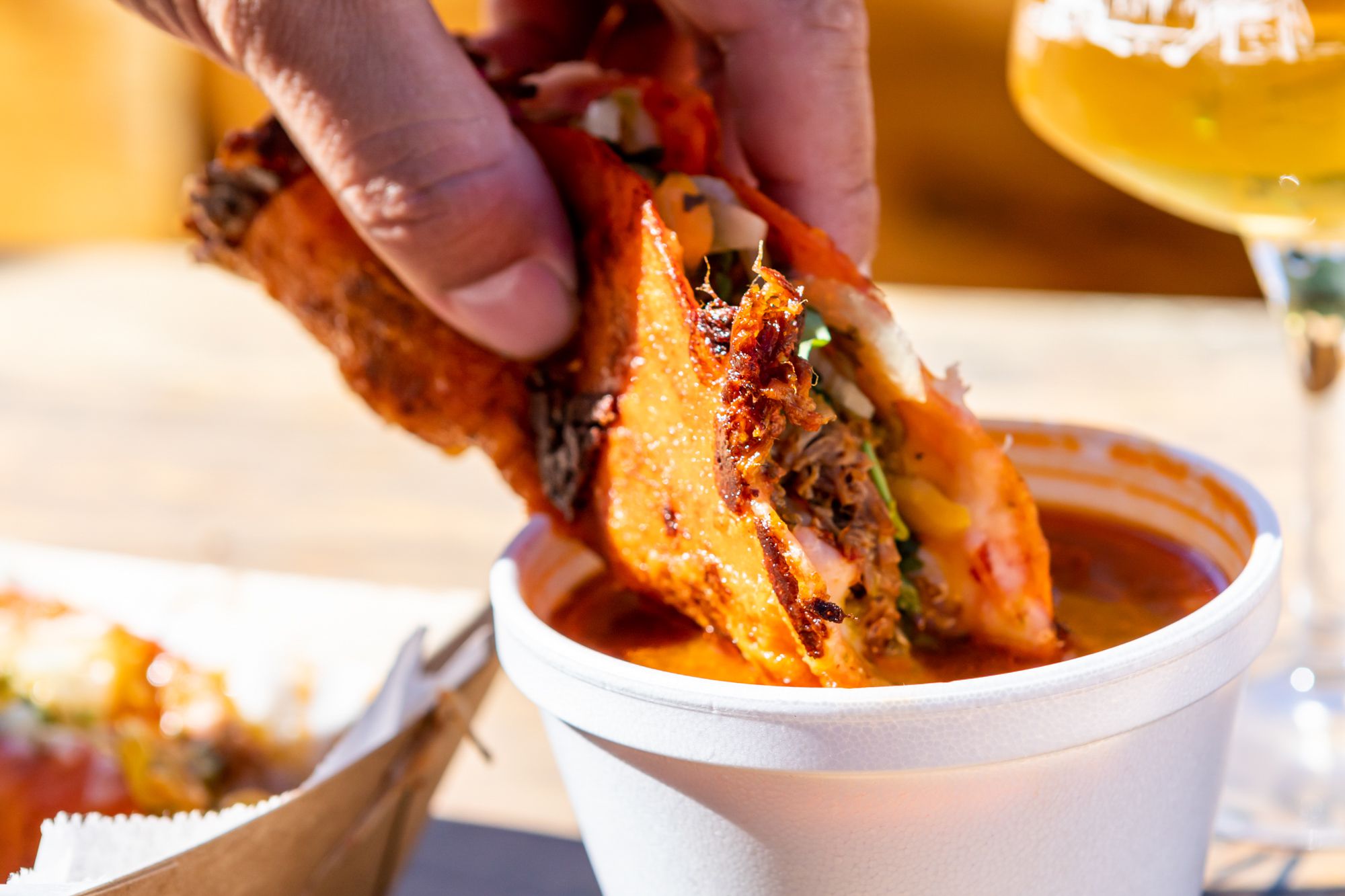How to Make Perfect Hard-Boiled Eggs
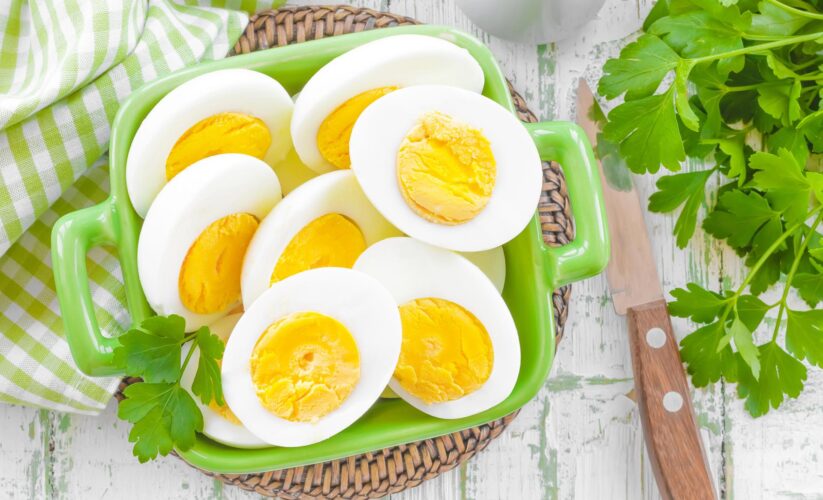
Boiled Eggs
How to Make Perfect Hard-Boiled Eggs
Course: DinnerCuisine: AmericanDifficulty: Easy6 to 12
servings20
minutes72
kcal6 to 12
eggsHard-boiled eggs are a basic in any kitchen; they make a delicious snack with a pinch of salt, a vital component in recipes such as egg salad or deviled eggs, or just a nibble on their own. Hard-boiling eggs is a simple recipe, but it may go wrong a lot, leaving you with overcooked eggs that taste sulfurous and have an ugly green ring around the yolk.
This in-depth tutorial shows you how to boil hard-boiled eggs to perfection, from choosing the appropriate eggs to peeling them with ease. This method will consistently produce wonderful results every time, whether you’re creating a lot for a family brunch, deviled eggs for a gathering, or just a few for snacks throughout the week.
The Secret to Perfect Hard-Boiled Eggs
Avoiding overcooking, which results in the dreaded grey-green ring around the yolk, is the largest obstacle when producing hard-boiled eggs. This coloring results from a reaction between hydrogen in the egg white and sulfur in the yolk, frequently brought on by too much heat. With our procedure, you get perfectly cooked eggs without that unappealing ring since we boil them more gently. The finest aspect? It is simple and almost infallible!
Pro Tip: Peeling eggs is considerably simpler when they are a week or two old rather than when they are new. Purchase your eggs in advance if you intend to make a huge quantity of hard-boiled eggs for Easter or a special occasion.
Ingredients
6 to 12 large eggs (straight from the fridge)
Equipment:
•tLarge saucepan
•tSlotted spoon (if using an ice bath)
•tBowl (for an ice bath or cold water)
Directions
- Prepare the Eggs and Water: Place the eggs in a single layer at the bottom of a large saucepan. Add enough cold water to cover the eggs by at least 1-2 inches. Using cold water is important to ensure that the eggs cook evenly. If you’re cooking more eggs, make sure to use a larger pan and increase the water level accordingly.
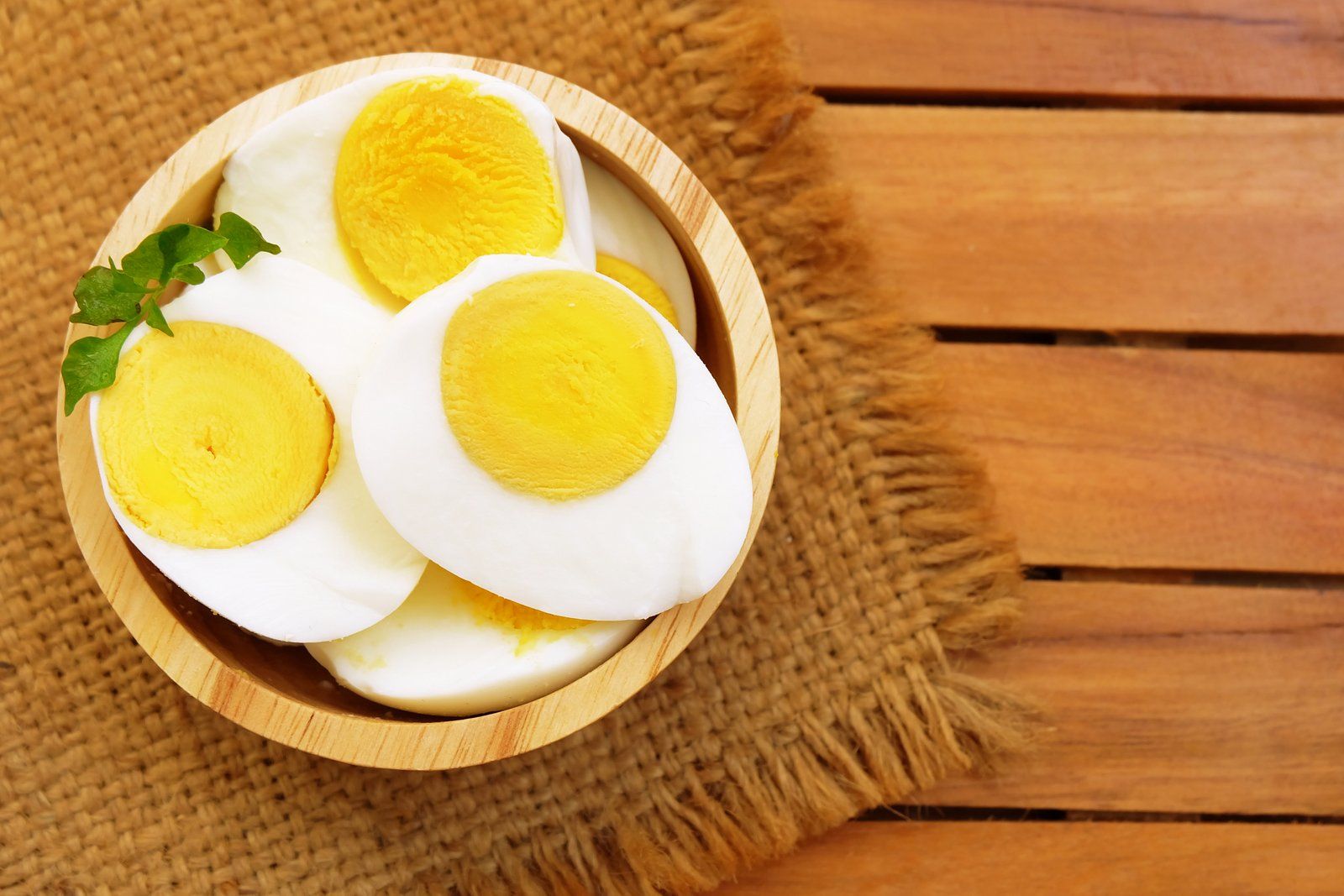
- Bring the Water to a Rolling Boil: Set the pan uncovered on the stovetop over high heat. Allow the water to come to a rolling boil. Depending on how many eggs you are boiling and the size of your saucepan, this should take about 8-10 minutes.
- Turn Off the Heat and Cover: Once the water reaches a rolling boil, turn off the heat and cover the saucepan with a lid. Let the eggs sit in the hot water for 10-12 minutes. This gentle cooking method ensures that the eggs cook evenly without becoming overcooked or developing the green ring around the yolk.
Tip: If you like your eggs with a slightly softer
yolk, let them steep in the hot water for around 8-9 minutes instead of 10-12. - Cool the Eggs: After 10-12 minutes, carefully strain the hot water from the pan and immediately run cold water over the eggs to cool them. Alternatively, you can use a slotted spoon to transfer the eggs to a bowl of ice water. Cooling the eggs quickly stops them from cooking further and makes them easier to peel.
- Peel or Store: If you’re ready to enjoy your hard-boiled eggs right away, peel them under running water for best results. If you plan to eat them later, store the unpeeled eggs in the refrigerator in a covered container for up to 5 days. Peeled eggs should be eaten within 1-2 days.
- How to Easily Peel Hard-Boiled Eggs
Peeling hard-boiled eggs can sometimes be a frustrating task. However, with the right method, it can be surprisingly easy.
Use older eggs: Eggs that are 1-2 weeks old are much easier to peel than fresh eggs because the egg white shrinks slightly as the eggs age, creating a small gap between the egg and the shell.
Crack the shell: After cooling the eggs, gently tap the shell all over to create a series of cracks. This helps loosen the shell from the egg white, making peeling easier. You can also peel the eggs under running water to help the shell slide off more smoothly.
Soak in water: If you find the eggs difficult to peel, try soaking them in a bowl of water for a few minutes. The water can help loosen the membrane between the shell and the egg, making it easier to peel.
Notes
- Other Methods for Cooking Hard-Boiled Eggs
While boiling is the traditional method, there are other techniques you can use to achieve perfectly cooked, easy-to-peel hard-boiled eggs:
1. Steaming:
For even easier-to-peel eggs, try steaming them. Place an inch of water in a pot, bring it to a boil, and add a steamer basket filled with eggs. Cover and steam for 15 minutes. This method works particularly well for fresh eggs.
2. Pressure Cooking:
If you have an Instant Pot or pressure cooker, you can steam your eggs under pressure. Add water to the bottom of the cooker, place a trivet inside, and cook the eggs at high pressure for 5 minutes, followed by a quick release and a 5-minute ice bath. Pressure cooking yields consistently easy-to-peel eggs with creamy yolks.
Common Mistakes to Avoid
Using too much heat: High heat can result in overcooked eggs with rubbery whites and a green ring around the yolk. The key is to bring the water to a boil, then turn off the heat and let the eggs sit in the hot water.
Skipping the cooling step: Rapidly cooling the eggs in cold water or an ice bath prevents overcooking and makes the eggs easier to peel.
Using fresh eggs: While fresh eggs are great for most cooking, older eggs (around 1-2 weeks old) peel more easily when boiled. Planning ahead can save you from frustration when peeling.
Storage Tips
Unpeeled hard-boiled eggs can be stored in the refrigerator for up to 5 days. If you have already peeled the eggs, store them in a covered container and eat them within 1-2 days to maintain their freshness.
Reader Praise for This Recipe:
Sunshine: “My eggs turned out delicious! I’ve made hard-boiled eggs in the past, but they’ve never turned out this good or been so easy to peel.”
Conni: “Perfect. Simply perfect. I will never boil eggs any other way again.”
Sue: “I’ve been trying for years to make perfect hard-boiled eggs with no success until now. Each time the eggs were perfect! I’m thrilled.”
Vincent: “These instructions were impressively effective. Peeling was flawless, and there were no green yolks. Flavor was delicious.”
Key Takeaways for Perfect Hard-Boiled Eggs
Use older eggs for easier peeling.
Avoid overcooking to prevent the green ring.
Cool eggs immediately after cooking for the best texture.
Steaming or pressure cooking eggs can provide even easier peeling results.


